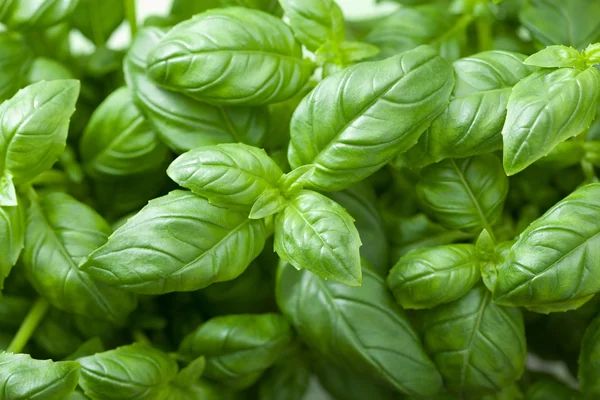Basil, the fragrant and flavorful herb, is a culinary treasure that has enchanted food lovers for centuries. Belonging to the Ocimum basilicum plant species, basil is native to regions of Asia and Africa. It is renowned for its delightful aroma, distinctive taste, and versatility in a wide array of cuisines.
With its vibrant green leaves and a captivating scent, basil is a delightful addition to any herb garden. There are several varieties of basil, each offering subtle flavor nuances. The most common type is sweet basil, with its slightly peppery and licorice-like taste, while others include Thai basil with its anise-like flavor and purple basil with its beautiful dark leaves.
In the culinary world, basil is celebrated for its ability to enhance a plethora of dishes. It is a staple ingredient in Italian cuisine, where it plays a crucial role in the classic Caprese salad, pesto sauce, and various pasta dishes. Basil is also a key component in Thai, Vietnamese, and other Southeast Asian cuisines, imparting a distinctive aroma and taste to curries, soups, and stir-fries.
Beyond its culinary allure, basil has a long history of medicinal use. It is believed to possess various health benefits due to its abundance of essential nutrients and antioxidants. Basil is known for its anti-inflammatory and antibacterial properties, making it valuable in supporting the immune system and promoting overall wellness.
Moreover, basil contains essential oils, such as eugenol and linalool, which contribute to its aromatic fragrance and potential health advantages. These oils may aid in digestion, reduce stress, and act as a natural remedy for headaches and respiratory issues.
Culturally, basil holds symbolic significance in different societies. In some traditions, it is associated with love and prosperity and is often used in religious ceremonies and rituals. Additionally, basil has been used in folklore and beliefs, ranging from warding off evil spirits to bringing good luck to a household.
Growing basil is relatively easy, and it can be cultivated both outdoors and indoors in containers. It thrives in warm weather and well-drained soil, making it a popular choice for herb gardens and homegrown culinary endeavors.
In conclusion, basil is much more than a delightful herb with a delightful aroma and taste. Its cultural significance, therapeutic properties, and culinary versatility make it a cherished herb around the world. From classic Italian dishes to exotic Asian delicacies, basil continues to captivate our senses and elevate the art of cooking.
